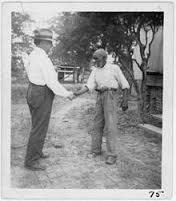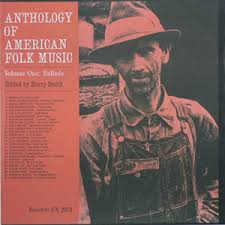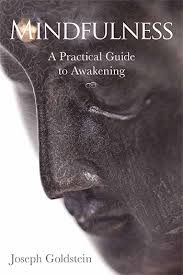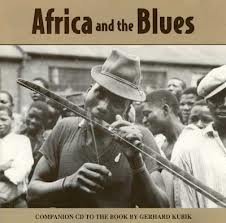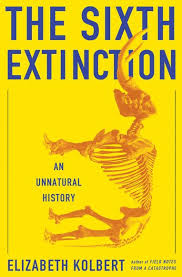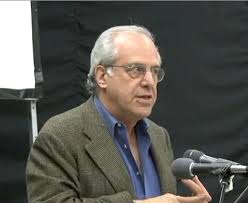
In JEREMY SCAHILL’S new best-seller, DIRTY WARS, what begins as an investigation into a US night raid gone terribly wrong in a remote corner of Afghanistan quickly transforms into a high-stakes global investigation into the rise of Joint Special Operations Command, the most secret and elite fighting force in U.S. history. In military jargon, JSOC teams “find, fix and finish” their targets, who are selected through a secret process. No target is off limits for the “kill list,” including U.S. citizens.
It’s the unbounded, unending War on Terror: all bets are off, and almost anything goes. We have fundamentally changed the rules of the game and the rules of engagement. Today drone strikes, night raids, and U.S. government-condoned torture occur, generating unprecedented civilian casualties.
DIRTY WARS reveals covert operations unknown to the public and carried out across the globe by men who do not exist on paper and will never appear before Congress, raising questions about freedom and democracy, war and justice, morality and politics. No matter how little you know about these actions, they are being done in your name,
– See more at: http://aworldthatjustmightwork.com/2013/05/4035/#sthash.TPB6tIdc.dpuf
Click here to listen.
In JEREMY SCAHILL’S new best-seller, DIRTY WARS, what begins as an investigation into a US night raid gone terribly wrong in a remote corner of Afghanistan quickly transforms into a high-stakes global investigation into the rise of Joint Special Operations Command, the most secret and elite fighting force in U.S. history. In military jargon, JSOC teams “find, fix and finish” their targets, who are selected through a secret process. No target is off limits for the “kill list,” including U.S. citizens.
It’s the unbounded, unending War on Terror: all bets are off, and almost anything goes.
We have fundamentally changed the rules of the game and the rules of engagement. Today drone strikes, night raids, and U.S. government-condoned torture occur, generating unprecedented civilian casualties. DIRTY WARS reveals covert operations unknown to the public and carried out across the globe by men who do not exist on paper and will never appear before Congress, raising questions about freedom and democracy, war and justice, morality and politics. No matter how little you know about these actions, they are being done in your name,

